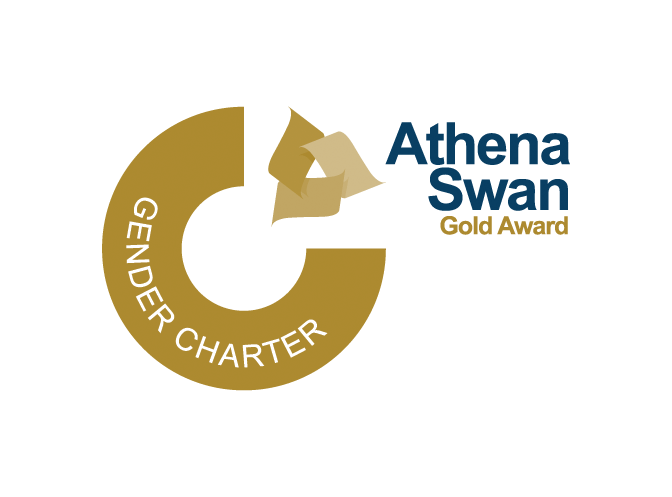Guidelines for Assessment of Candidates and Recruitment Presentations
Candidates provide a work sample (i.e. presentation), after which they answer questions from the audience. A “work sample test” is known to be an unbiased and effective predictor of future job performance. Current university policy (for sustainability and equality reasons) is for such presentations to be delivered online.
The interview panel convenor places adverts (see advertising and recruitment checklist), hosts presentations and convenes the interview panel.
Presentations: Guidelines for Interview panel convenor:
- To reduce global IT inequalities, ask all candidates to provide a pdf of their presentation as backup in the event of IT problems.
- Ensure audience is reminded about job description and selection criteria (e.g., email to staff prior to presentations).
- Since staff cannot view application material, provide weblinks (e.g., google scholar, lab pages) for each candidate giving presentations.
- Refer staff to this webpage (https://biology.st-andrews.ac.uk/edi/recruitment-guidelines/) to encourage consideration of potential biases in evaluation.
Staff feedback
Following all presentations, academic staff remain for discussion. A Staff Representative chairs this discussion. The most useful staff feedback provides an overview of staff support, consensus, or lack thereof. The staff representative should not be part of the interview panel, and the interview panel should not be present for staff feedback, in order to reduce the potential for bias by hearsay/specific positive/negative commentary going forward to the interview panel. The staff representative delivers staff feedback to the panel after interviews have been completed (ideally after the panel have had a chance to air their views) but prior to final decision-making and ranking.
Guidelines for Staff Representative:
- Maintain specific criteria for evaluation during discussion (based on job description and attributes desired).
- Ensure that unconscious bias is minimised (see below).
- Try to ensure opinions of all staff are represented.
- Take appropriate feedback to the interview committee (and retain notes on feedback provided).
Interview – Guidelines for Interview panel convenor:
- Ensure uneven number of panel members, to enable majority decision.
- Ensure panel members provide statement on relationships/conflicts of interest with candidates (worked in panel member’s group, published paper together, or have participated in past, current, or pending project).
- Ensure EDI requirements are met during interview. Currently for our Action Plan AP 4.2, we have committed that “Future recruitment of teaching staff will require specification of how they would contribute to an inclusive curriculum”
- For areas of questioning that may elicit responses that might be biased by gender-based or cultural norms, questions should require an evidence-based response (for example, do not ask how you will show leadership in your field, ask instead – can you give an example of where you have shown leadership).
- Ensure that final decision-making and ranking incorporates evaluation of presentations, interviews, staff feedback and reconsideration of original application documents.
Bias during Recruitment (from https://www.youtube.com/watch?v=g978T58gELo )
Global evaluations, preferences and dislikes might bias the hiring decision. Awareness of personal (un)conscious biases helps reduce their impact on the hiring process. Implement good practice to minimise the opportunities for biases to propagate.
Questioning independence: in academic evaluations, women’s independence is more often questioned. This questioning tends to have a negative impact. Make sure to evaluate every candidate in the same way.
Informal information: Informal information may be available for internal candidates but not for external candidates, and often favours men over women. Keep evaluation objective and based on agreed criteria.
Reference letters: those written for female applicants sometimes differ subtly from those written for male applicants.
First impressions and affinity bias: People tend to favour candidates that are like them or have something in common with them. Do not let first impressions cloud the process.
Parenthood: Professional candidates who are mothers can suffer from a motherhood penalty, whereas men often benefit from being a parent.
Questioning competencies: evaluations are often biased according to gender (irrespective of the gender of the evaluator). Structured presentations, interviews and self-monitoring for bias can alleviate these.
Additional University Guidance
The University also has an extensive website on inclusive recruitment with information on our legal duty to eliminate discrimination and advance equality of opportunity, and examples of more appropriate ways to frame questions and avoid discrimination.
